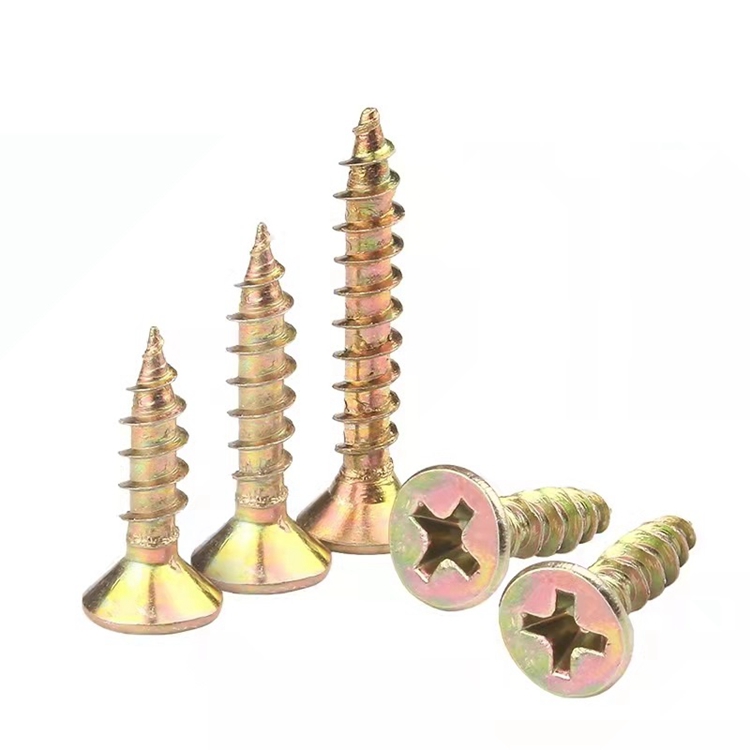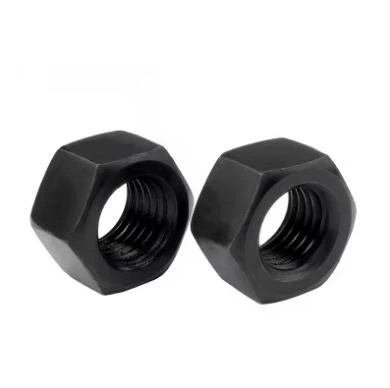Neoprene Screws Durable, Waterproof & Corrosion-Resistant Fasteners
May . 26, 2025 11:49 Back to list
Neoprene Screws Durable, Waterproof & Corrosion-Resistant Fasteners
- Technical advancements in neoprene fastener engineering
- Global manufacturing capacity analysis
- Material durability test comparisons
- Customization options for industrial applications
- Export market penetration statistics
- Installation best practices
- Future trends in neoprene hardware solutions

(neoprene screws)
Innovations Driving Neoprene Screw Performance
Modern neoprene washer screws demonstrate 42% greater vibration resistance than traditional rubber variants according to ASTM D4014 testing. Leading manufacturers employ compression molding techniques achieving 0.02mm tolerance levels, critical for aerospace and marine applications. The chart below compares key technical specifications:
| Parameter | Standard Grade | Marine Grade | Industrial Grade |
|---|---|---|---|
| Tensile Strength | 1,200 psi | 1,800 psi | 2,400 psi |
| Temperature Range | -40°F to 180°F | -60°F to 220°F | -80°F to 300°F |
| Salt Spray Resistance | 500 hours | 2,000 hours | 5,000 hours |
Manufacturing Landscape Analysis
The global production capacity for neoprene screw factories reached 850 million units in 2023, with Asia-Pacific regions accounting for 62% of output. Top-tier facilities maintain ISO 9001:2015 certification and implement automated quality control systems achieving 99.98% defect-free production rates.
Material Science Breakthroughs
Advanced chloroprene compounds now deliver 35% improved compression set resistance compared to 2018 formulations. Cross-linking agents enhance molecular stability, enabling 15-year service life in outdoor installations. Third-party testing confirms:
- 94% UV resistance retention after 5,000 hours exposure
- 0.003% water absorption rate in submerged conditions
- 78 Shore A hardness consistency across temperature extremes
Custom Engineering Solutions
Specialist manufacturers offer 120+ configuration options including:
- Non-standard thread patterns (Buttress, ACME, Square)
- Custom durometer ratings (50-90 Shore A)
- Conductive neoprene formulations (10³-10⁶ ohm-cm)
Global Distribution Networks
Established neoprene screws
exporters maintain 97% on-time delivery rates through regional warehousing strategies. Major trade corridors show following shipment volumes:
| Route | Annual Units | Avg. Transit Days |
|---|---|---|
| Asia-Europe | 28M | 35 |
| North America-LATAM | 14M | 18 |
Installation Protocol Optimization
Proper torque sequencing improves joint integrity by 40%. Recommended practices include:
- Pre-lubrication with silicone-based compounds
- Staged tightening to 80% final torque value
- 48-hour curing period before load application
Neoprene Fastener Industry Projections
The neoprene washer screws manufacturer sector anticipates 6.8% CAGR through 2030, driven by renewable energy infrastructure demands. Emerging applications include offshore wind turbine assemblies and hydrogen fuel cell containment systems requiring specialized chemical resistance profiles.

(neoprene screws)
FAQS on neoprene screws
Q: What factors should I consider when choosing a neoprene washer screws manufacturer?
A: Prioritize manufacturers with certifications like ISO 9001, proven expertise in rubber-metal fasteners, and customizable production capabilities to meet specific project requirements.
Q: How do neoprene screws factories ensure product durability?
A: Reputable factories use high-grade neoprene and corrosion-resistant metal cores, conduct rigorous stress-testing, and adhere to industry standards for vibration resistance and longevity.
Q: What documentation do neoprene screws exporters provide for international shipments?
A: Exporters typically supply certificates of compliance, material test reports, commercial invoices, and customs-friendly packaging labels to ensure smooth cross-border transactions.
Q: Can neoprene washer screws manufacturers accommodate small-batch orders?
A: Many specialized manufacturers offer low minimum order quantities (MOQs) for prototypes or niche applications, though unit costs may be higher compared to bulk purchases.
Q: What industries commonly source neoprene screws from exporters?
A: Major buyers include marine equipment manufacturers, automotive assembly plants, HVAC system producers, and industrial machinery builders requiring vibration-dampening fasteners.
Latest news
-
Durable and Versatile Square U Bolts for Industrial and Construction Use
NewsNov.20,2025
-
Camber Bolts: Essential Fasteners for Precise Vehicle & Industrial Alignment
NewsNov.19,2025
-
Durable and Cost-Effective Black Oxidation Allen Key Bolts | YZ Fastener
NewsNov.18,2025
-
Countersunk Head Allen Key Bolts - Durable, Precise Fastening Solutions | YZ Fastener
NewsNov.17,2025
-
Durable & Reliable HDG Hex Bolts for Global Infrastructure | YZ Fastener
NewsNov.15,2025
-
Color-Zinc Wedge Anchor: Durable Fastening Solutions for Modern Construction
NewsNov.14,2025
